If you were surprised at the tone and substance of Donald Trump’s second inaugural address, you have not been paying attention to the last decade or so. For him, norms exist to shatter. If his predecessors did it one way, he’d do it another.
For instance, most new presidents begin by putting the partisan struggle of the past election behind them. “We are all Republicans; we serve all Federalists,” Thomas Jefferson said a few months after the vicious election of 1800. “We observe today not a victory of party, but a celebration of freedom,” John F. Kennedy said in 1961. In 1989, George Bush literally held his hand out to the Democratic speaker of the House in his appeal for bipartisanship.
For Trump, the speech was a chance to bask in his victory — he exulted in his increased strength in swing states and among Black and Hispanic voters — and to denounce the outgoing Biden administration and broader political system in scabrous terms. “A radical and corrupt establishment has extracted power and wealth from our citizens,” he said. “It fails to protect our magnificent law-abiding American citizens, but provides sanctuary and protection for dangerous criminals.”
Most new presidents defer specific proposals for another time in favor of sweeping rhetoric about the glories of the past. Trump put his more poetic rhetoric at the end of his address, while setting down a series of actions designed to thrill his most ardent fans: troops to the southern border; a wholesale reversal of climate policy (“We will drill, baby, drill”); an advance in the culture wars (“As of today, it will henceforth be the official policy of the United States government that there are only two genders, male and female.”
Most new presidents offer grace notes to the wider world. In his 1949 inaugural address, President Harry Truman offered a promise of significant material aid to a war-ravaged international community. Trump offered a return to the idea of “Manifest destiny” from the 19th century, vowed to rename the Gulf of Mexico the “Gulf of America” and — at least rhetorically — semi-declared war with Panama over the Panama Canal. He did not speak of territorial ambition on Greenland and Canada, but did look forward to the day when American astronauts plant the flag on Mars, a dream consistent with his wealthiest backer, Elon Musk, who had a place of honor at the ceremony.
Most new presidents want their inaugural speech to act as a form of national unity, free from the partisan and ideological battles to come. Trump used his speech as a mere overture to the news of the day: a raft of executive orders putting substantive decisions behind the words of his speech. It is more evidence that Trump is determined to turn the vision he and his most zealous supporters share into policy. And he may be more successful this time around.
In one notable line, Trump showed a bit of humility amid his typical bombast. “Over the past eight years I have been tested and challenged more than any president in our 250-year history,” he said. “And I have learned a lot along the way.”
He’s probably right. Trump is not the same person entering the Oval Office as he was before. He’s far more knowledgeable about power and how to wield it.
Eight years ago, in his “American carnage” inaugural — the one George W. Bush described as “some weird shit” — Trump offered similar sweeping declarations of change, but words that seemed disconnected from reality.
The institutional loyalties of many Republican senators and officials more or less ensured that there were clear limits to Trump’s ambitions. Now, with a Republican Party totally in his grip, with the mix of suasion and threats all but erasing any possibility of resistance from within, his words have weight far heavier than they did in 2017.
Indeed, his entire inaugural address might be summed up in a single sentence: You know what I said all through this last decade or so? I meant it.
.png)


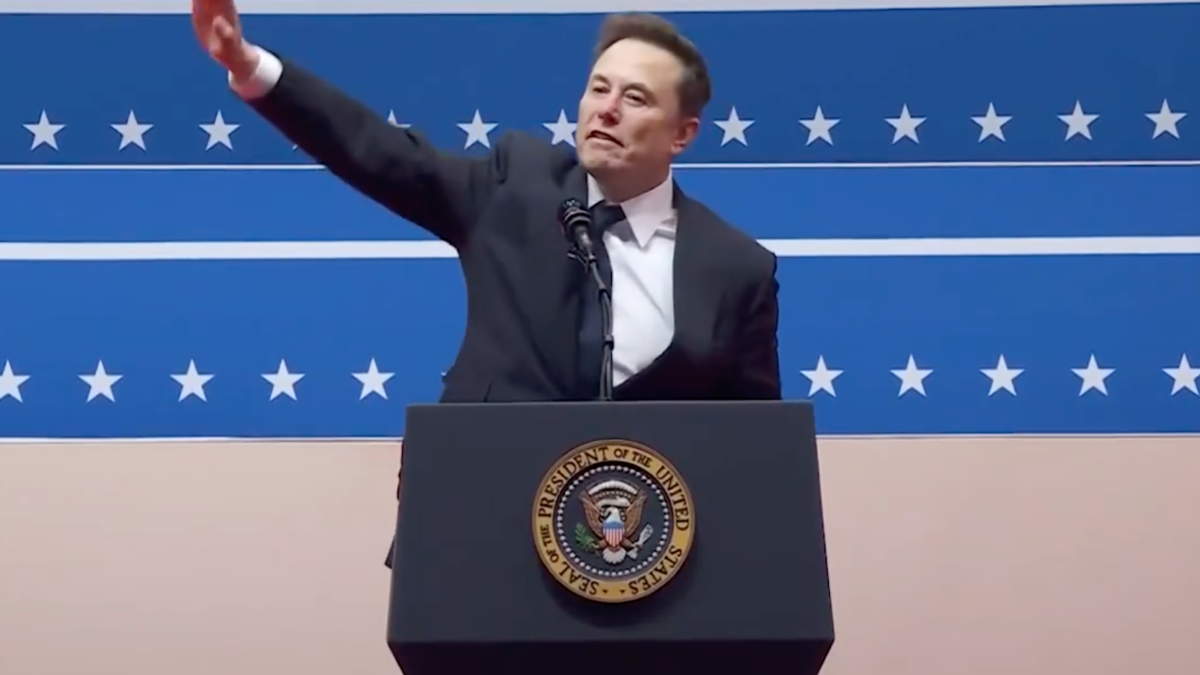
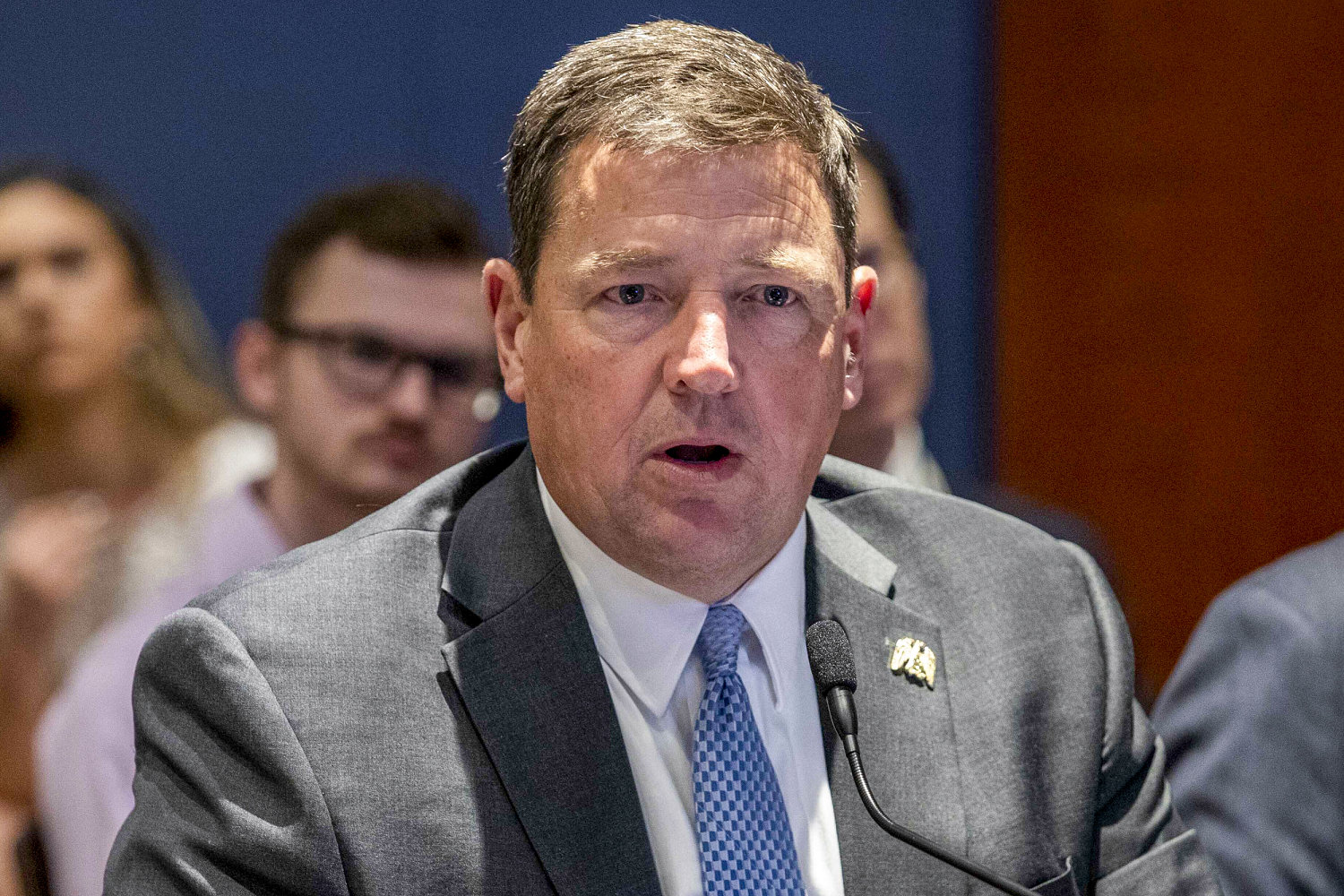
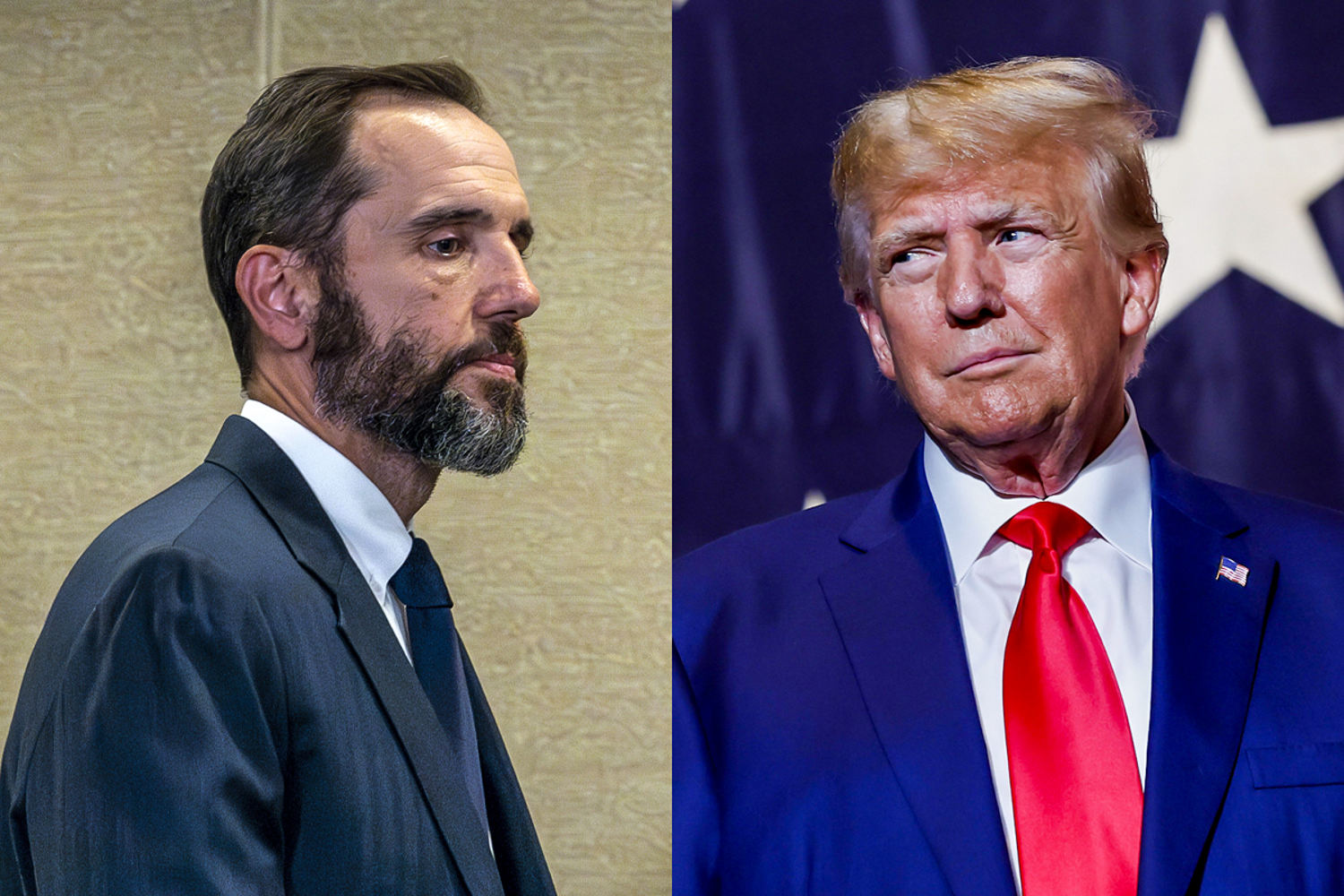

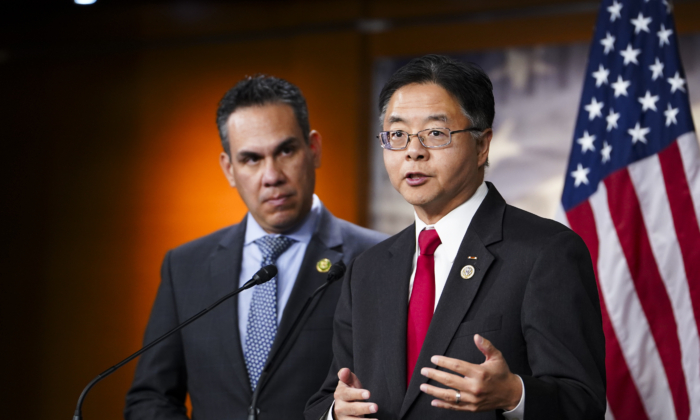

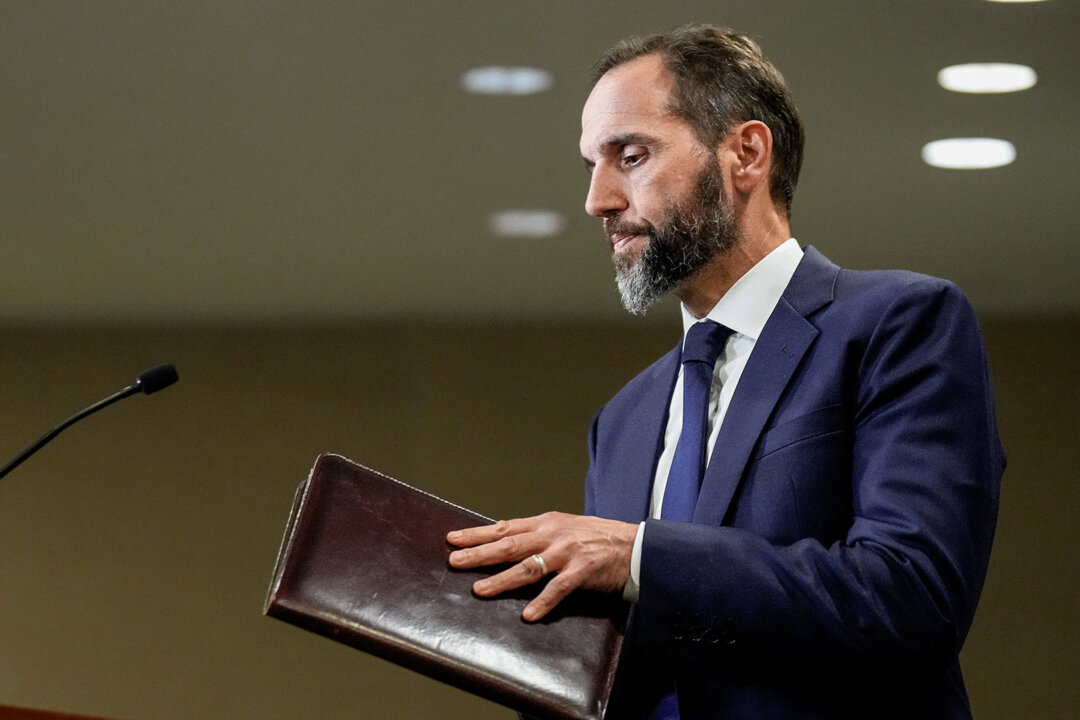
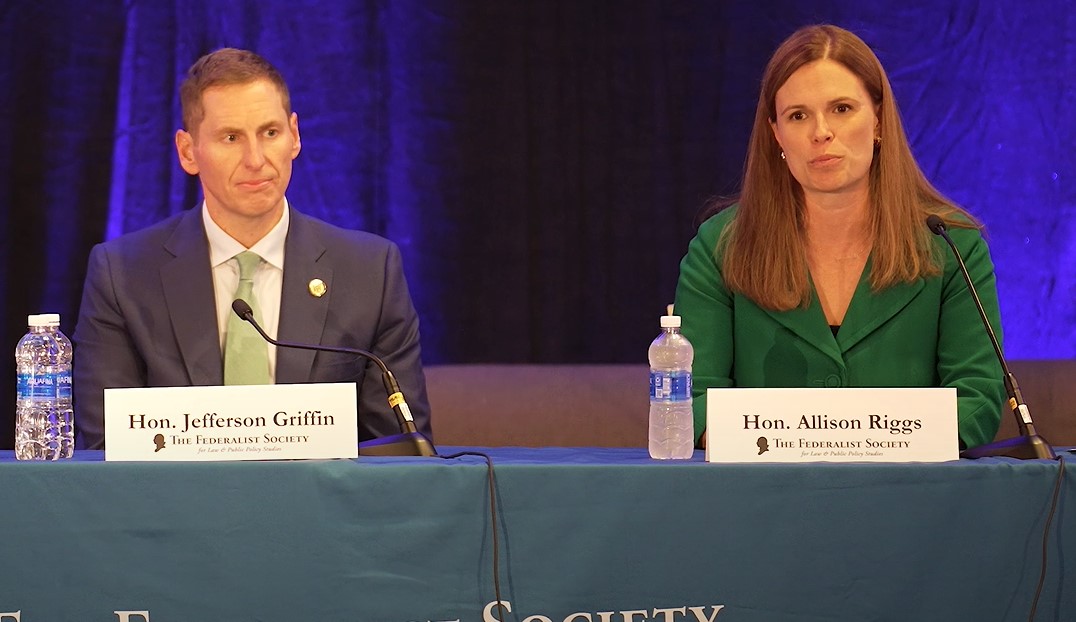
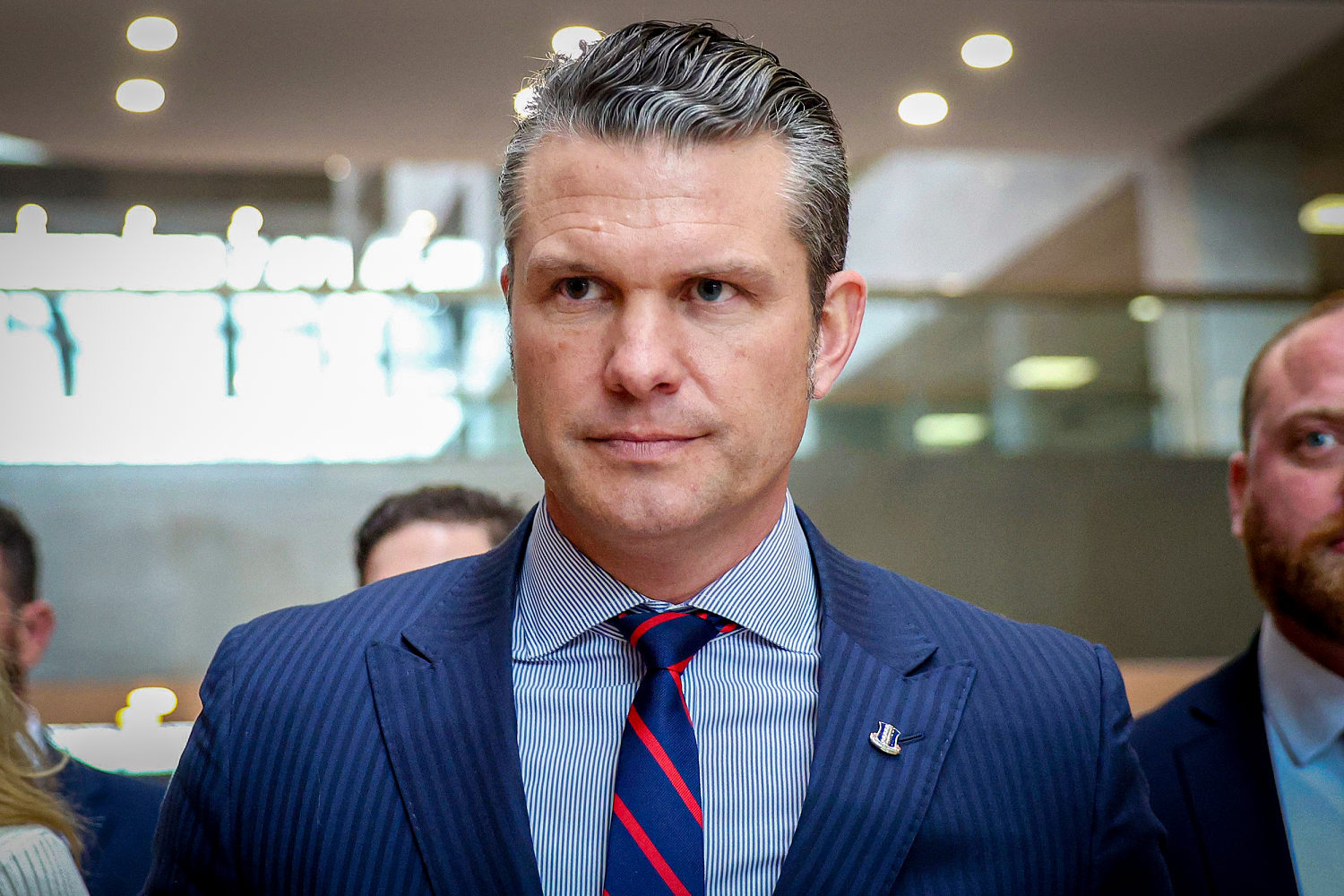
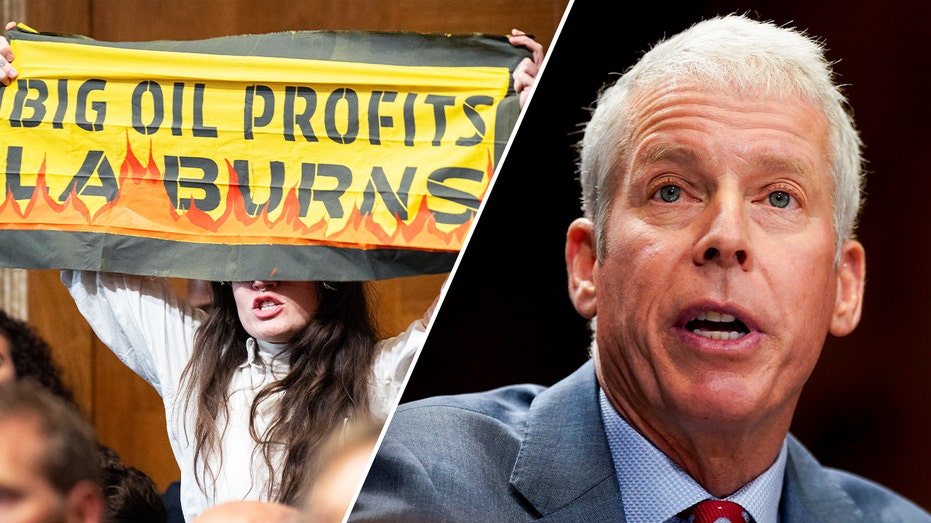
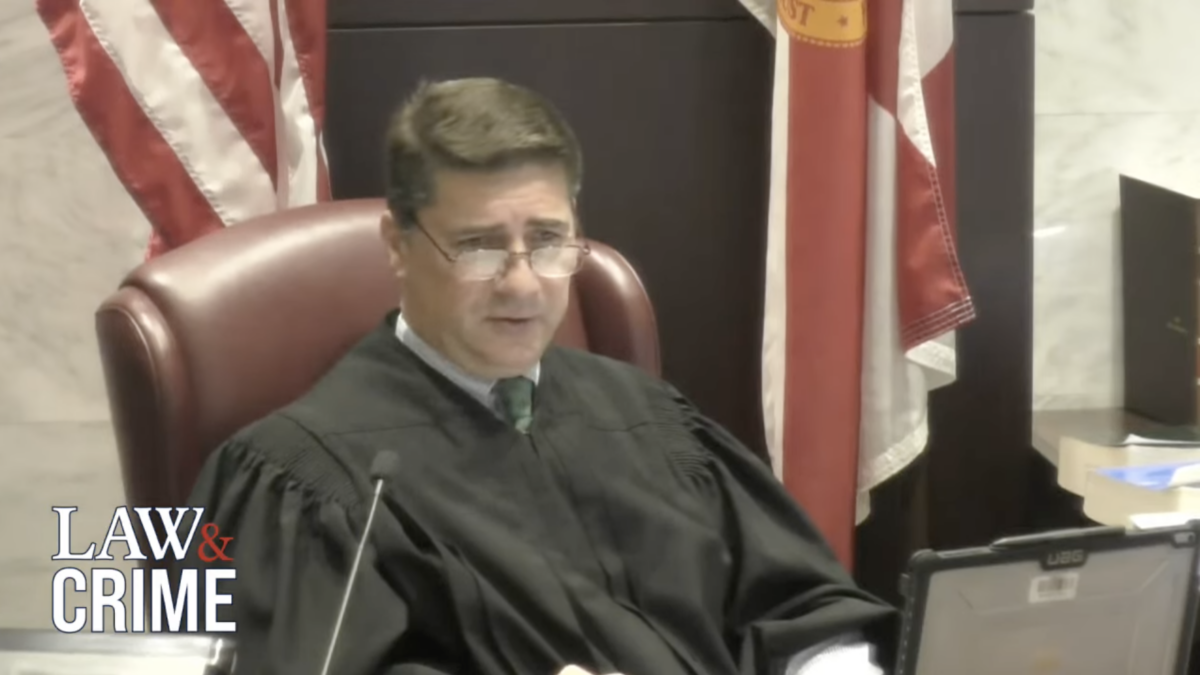

 English (US)
English (US)